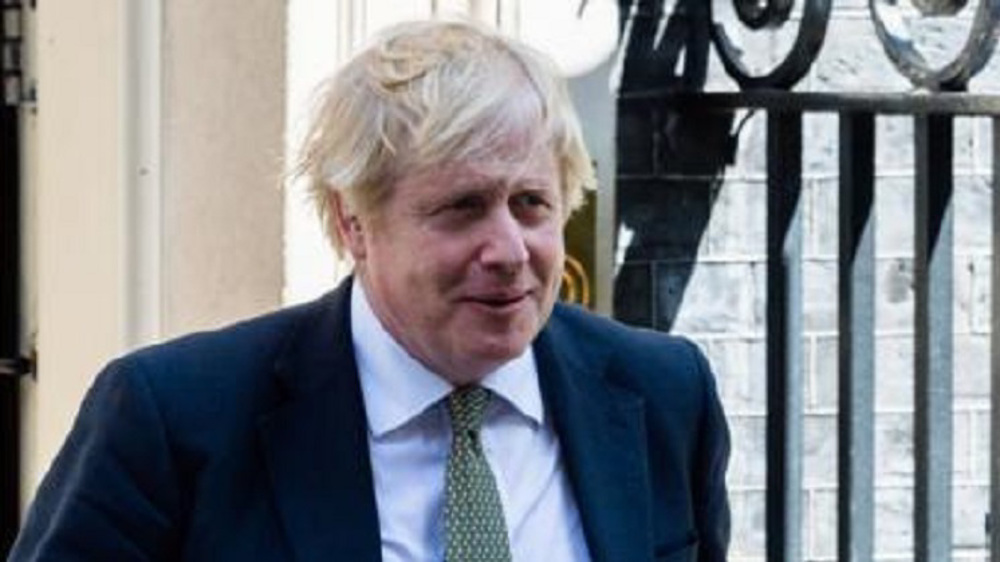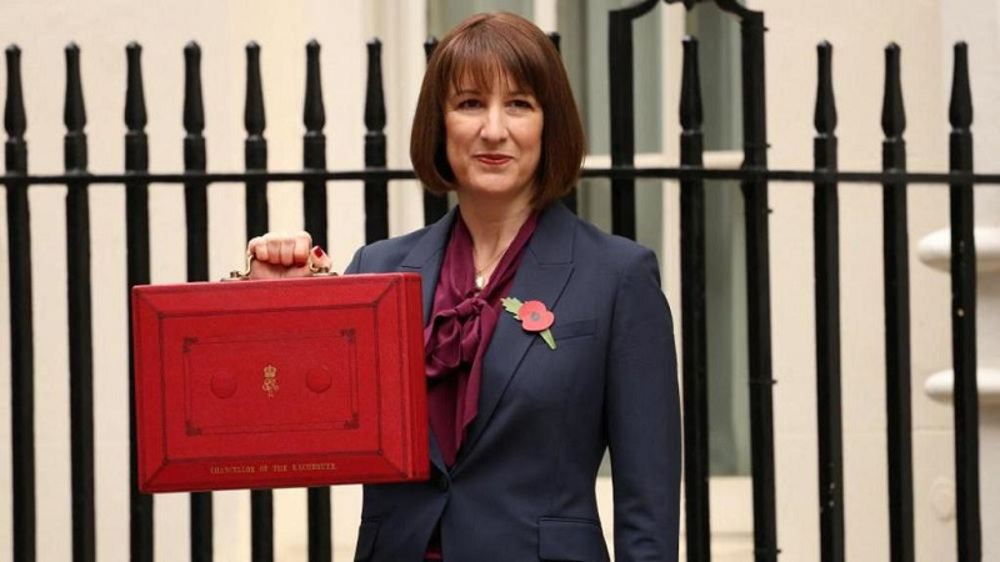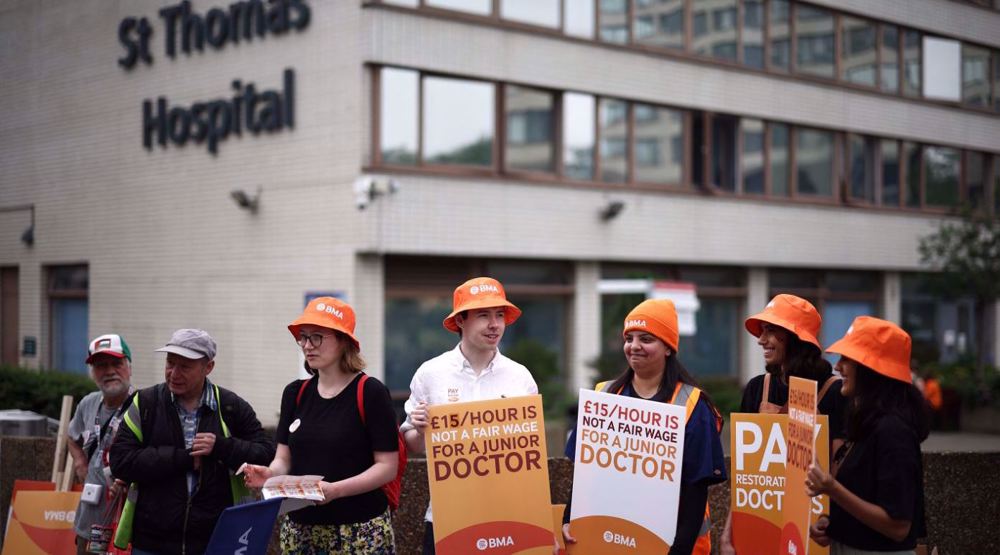Johnson rules out austerity measures in post-COVID economic recovery
Prime Minister, Boris Johnson, has set out his vision for a post-coronavirus economic recovery by ruling out austerity measures.
In an exclusive interview with the Mail on Sunday, the PM announced new plans to boost infrastructure, including the building of hospitals, schools and roads.
Johnson appears to be anxious to put distance between himself and the policy of harsh economic austerity imposed by former PM David Cameron in the wake of the 2008 global financial crisis.
To that end, the PM has reiterated his pledge to “double down” on his plan to “level up” the distribution of wealth across the country.
Johnson’s interview comes on the heels of what can only be described as catastrophic economic news with the economy reportedly shrinking by as much as 20.4 percent in April, the largest monthly fall on record.
"We're going to make sure that we have plans to help people whose old jobs are not there anymore to get the opportunities they need", the PM pledged.
But shadow business secretary Ed Miliband warned of "Thatcher levels of unemployment" if key sectors of the economy, such as hospitality, cannot fully reopen.
Miliband accused the government of “pulling the rug from under” many sectors of the economy by instructing firms they have to start paying towards the furlough scheme from August, a full two months before the scheme officially winds down.
The furlough scheme, which was unveiled at the beginning of the outbreak, is designed to prevent mass redundancies by allowing firms to keep workers on the payroll at government’s expense.
Underlining the scale of the problem, the Observer is reporting that a new House of Commons Library analysis, commissioned by the Labour Party, indicates that unemployment levels could rise to levels not seen since the 1980s, eclipsing the peak of 3.3 million in 1984 when Margaret Thatcher was in power.
D-8’s role in Iran’s economy after Cairo summit
China slams US as ‘war-addicted’ threat to global security
China ‘firmly opposes’ US military aid to Taiwan
VIDEO | Press TV's News Headlines
President Yoon Suk Yeol to be removed from office
At least 19 Gazans killed by Israeli airstrikes since dawn: Medics
Leader: Iran neither has nor needs proxy forces
US fighter aircraft shot down ‘in friendly fire’ amid aggression on Yemen










 This makes it easy to access the Press TV website
This makes it easy to access the Press TV website